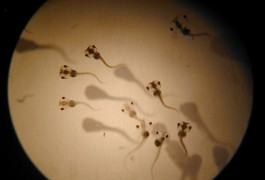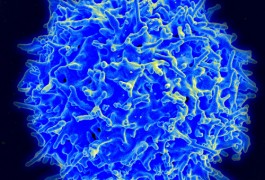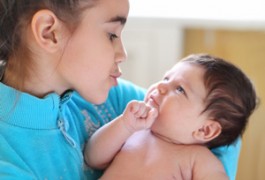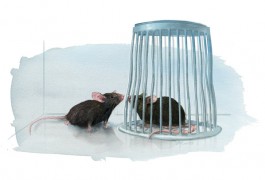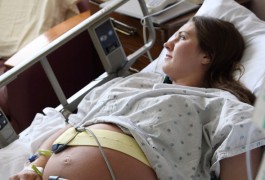Strep infection in pregnant rats causes autism features in pups
Infection with group B streptococcus bacteria in pregnant rats triggers brain abnormalities and autism-like behaviors in their pups — especially in males. Researchers presented the unpublished results today at the 2014 Society for Neuroscience annual meeting in Washington, D.C.








